You searched for: 外貿搜索引擎優化seo【TG飞机:@bapingseo】波兰google搜索推广【TG电报:@bapingseo】韓國推广渠道【Telegram:@bapingseo】玫瑰官网网站万豪游戏2亚博体育备用网址是什么呀注册送38元可提现?a9DRSY/704714.html
<< Previous | Displaying results 221-230 of 359 for "外貿搜索引擎優化seo【TG飞机:@bapingseo】波兰google搜索推广【TG电报:@bapingseo】韓國推广渠道【Telegram:@bapingseo】玫瑰官网网站万豪游戏2亚博体育备用网址是什么呀注册送38元可提现?a9DRSY/704714.html" | Next >>
-
Gerda Blachmann Wilchfort describes the mood of passengers on the "St. Louis" after they were denied entry into Cuba
Oral HistoryGerda and her parents obtained visas to sail to Cuba on the "St. Louis" in May 1939. When the ship arrived in Havana harbor, most of the refugees were denied entry and the ship had to return to Europe. Gerda and her parents disembarked in Belgium. In May 1940, Germany attacked Belgium. Gerda and her mother escaped to Switzerland. After the war, they were told that Gerda's father had died during deportation.
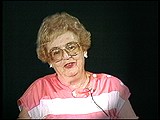
-
Kristallnacht
ArticleOn November 9–10, 1938, the Nazi regime coordinated a wave of antisemitic violence. This became known as Kristallnacht or the "Night of Broken Glass." Learn more
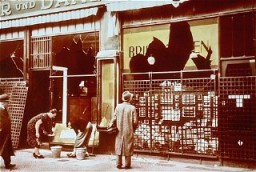
-
Rosa Israel Waldhorn
ID CardRosa was one of 14 children born to religious Jewish parents in the village of Yasinya at a time when it was known as Korosmezo and was part of Hungary. During World War I, she married Michael von Hoppen Waldhorn, an officer in the Austro-Hungarian army who was based near Yasinya. During the 1920s they moved to Paris, where they raised three children. 1933-39: The Waldhorn family's life in Paris was very different from their life in Hungary and Czechoslovakia. Rosa's husband made a good living, and he…
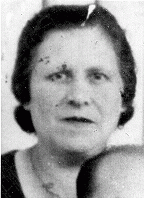
-
Robert Kulka
ID CardRobert was the son of Jewish parents, Leopold and Florentina Kulka, and was raised in the Moravian town of Olomouc. After completing secondary school, he attended a business school until 1909. He began a business in Olomouc and in 1933 he married Elsa Skutezka from the Moravian city of Brno. The couple made their home in Olomouc. 1933-39: The Kulkas' son, Tomas, was born a year and a day after they were married. In 1937 Elsa's father passed away and the Kulkas moved to Brno, where Elsa and her husband…
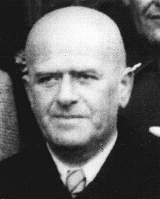
-
Tomas Kulka
ID CardTomas' parents were Jewish. His father, Robert Kulka, was a businessman from the Moravian town of Olomouc. His mother, Elsa Skutezka, was a milliner from Brno, the capital of Moravia. The couple was well-educated and spoke both Czech and German. They married in 1933 and settled in Robert's hometown of Olomouc. 1933-39: Tomas was born a year and a day after his parents were married. When Tomas was 3, his grandfather passed away and the Kulkas moved to Brno, which was his mother's hometown. On March 15,…
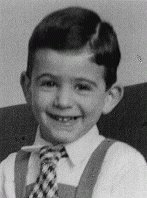
-
Ossi Stojka
ID CardOssi was the youngest of six children born to Roma ("Gypsies") who traveled in a family wagon. His family was Roman Catholic. Their caravan spent winters in Vienna, Austria's capital, and summers in the Austrian countryside. The Stojkas belonged to a tribe called the Lowara Roma, who made their living as itinerant horse traders. Ossi's ancestors had lived in Austria for more than 200 years. 1933-39: Ossi was 2 years old when Germany annexed Austria in March 1938. The Stojka family wagon was parked for the…
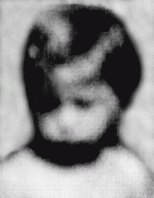
-
American propaganda announcement
DocumentAnnouncement dropped by American planes on Shanghai near the end of the war. [From the USHMM special exhibition Flight and Rescue.]
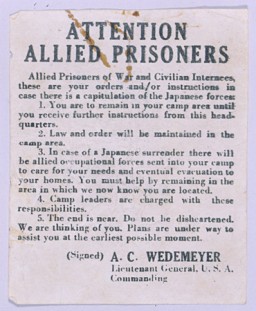
-
Gideon Boissevain
ID CardGideon was known affectionately as "Gi" by his family and friends. His parents were descended from the Huguenots, French Protestants who came to the Netherlands in the 16th and 17th centuries. Gi had two brothers and two sisters, and his father worked in the insurance business. 1933-39: Gi had a large circle of friends, both Christians and Jews, and after school they all liked to get together. He and his friends enjoyed taking bike trips, having parties, and playing records. In the mid-1930s his parents…
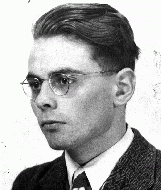
-
Dismissal letter
DocumentDuring the interwar period Dr. Susanne Engelmann served as the principal of a large public high school for girls in Berlin. This letter notified her of her dismissal, as a "non-Aryan," from her teaching position. The dismissal was in compliance with the Civil Service Law of April 7, 1933. On April 7, the German government issued the Law for the Restoration of the Professional Civil Service (Gesetz zur Wiederherstellung des Berufsbeamtentums), which excluded Jews and political opponents from all civil…
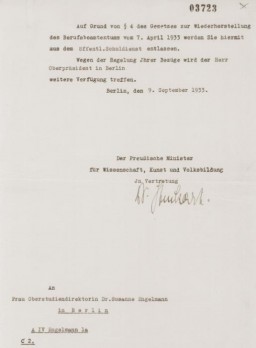
-
German military court trial of French resistance members
FilmFrance signed an armistice with Germany on June 22, 1940, recognizing the right of German authorities to oversee the French administration. Further, German military authorities held jurisdiction over matters of internal security. In this footage, a German military court in Paris tries French citizens charged with resisting measures of the military occupation. Despite harsh military justice, the Germans could not quell opposition in France, and resistance activities would reach a peak during the Allied…

